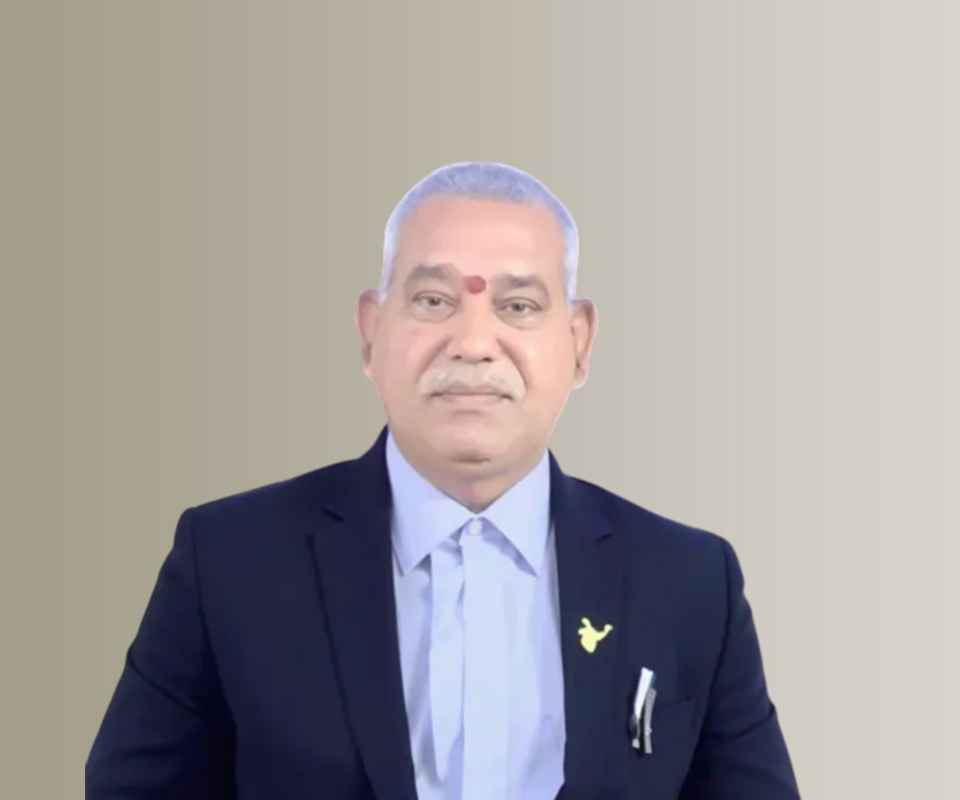Answer By law4u team
Non-Resident Indians (NRIs) who own assets in India may face unique challenges regarding estate duties or inheritance taxes in their country of residence when it comes to transferring their Indian assets upon their death. Different countries have different rules for estate duty (also known as inheritance tax or death tax), which can significantly affect the wealth transfer process. However, double taxation treaties (DTTs) between India and various countries can help mitigate the impact of estate duties or inheritance taxes in multiple jurisdictions.
Impact of Estate Duties in Foreign Countries on NRIs with Indian Assets:
Estate Duty and Inheritance Tax in Foreign Countries:
Many countries impose estate duties or inheritance taxes on the global estate of the deceased. For example, the United States, United Kingdom, and Canada levy inheritance taxes on the worldwide assets of their residents, including any Indian assets.
The estate duty or inheritance tax is typically calculated based on the value of the deceased person’s worldwide assets, which means that Indian assets owned by an NRI may be subject to estate duty in the country of residence.
Estate duty rates and exemptions vary by country. For example, in the UK, inheritance tax is levied at 40% above a certain threshold, while in the US, the federal estate tax rate is up to 40% for estates valued over a certain exemption threshold.
Double Taxation Risks:
If the country where the NRI resides imposes an estate duty or inheritance tax on their global estate, and the NRI’s Indian assets are also subject to Indian tax laws, there is a risk of being taxed twice on the same asset (once in India and again in the foreign country).
However, India and many countries have signed Double Taxation Avoidance Agreements (DTAAs) to avoid this situation. These treaties typically allow an NRI to claim relief for taxes paid in India against the taxes payable in their country of residence, thus reducing the possibility of double taxation.
India’s Position on Estate Duty and Inheritance Tax:
India does not impose an estate duty or inheritance tax on the transfer of assets after death. However, there are taxation implications on the capital gains tax when the assets are sold by the heir or beneficiary. The heir will inherit the cost of acquisition of the asset from the deceased and will be liable for capital gains tax if they sell the property.
Although estate duty does not apply in India, the inheritance of Indian assets by foreign residents (such as NRIs) may still be subject to Indian tax laws, particularly with regard to capital gains tax when the assets are sold.
Relief through Double Taxation Avoidance Agreements (DTAAs):
India has signed DTAAs with several countries, which aim to avoid double taxation on inheritance or estate taxes. Under these agreements, the NRI may be allowed to offset the taxes paid in India against the taxes owed in their country of residence.
For example, if an NRI living in the United States inherits an asset in India and is taxed in the US on the value of the estate, they can claim relief for Indian inheritance taxes (if any) or capital gains tax paid when selling Indian assets, provided the DTAA between India and the US permits such relief.
Taxation of Assets in Foreign Countries:
Some countries tax their residents on the basis of domicile or residency. If an NRI is considered a resident in their foreign country, they may be subject to estate duty on their worldwide assets, including those in India.
For example, in the United Kingdom, estate duty applies to the estate of a deceased person who was domiciled in the UK, even if the assets are located outside the UK.
Planning Strategies to Minimize Estate Duties:
Gifting Assets:
One strategy to avoid heavy estate duties is to gift assets during the lifetime of the NRI to beneficiaries. Depending on the country of residence, certain gifts may be exempt from inheritance taxes or may have lower tax implications than posthumous transfers.
Trusts:
NRIs can consider establishing trusts for estate planning purposes. Trusts can be used to transfer assets to beneficiaries while minimizing estate duties or inheritance taxes in the country of residence.
Life Insurance:
Taking out a life insurance policy with a substantial sum can help provide liquidity to pay any estate duties or taxes that may arise upon the death of the NRI.
Example of Double Taxation Avoidance (DTAA):
An NRI residing in the United States inherits property in India. The United States imposes estate duty on the global estate, including the property in India. However, under the India-US DTAA, the NRI can claim relief for the estate duty paid in India on the inherited property, reducing the estate duty liability in the US.
Asset Valuation Issues:
NRIs should also be aware of how foreign estate duties assess the value of Indian assets, as it may differ from Indian tax regulations. For example, in some countries, there could be different methods for valuing real estate or shares, which could impact the estate duty calculations.
Example:
Example 1: Estate Duty in the US
An NRI living in the United States inherits a property in India valued at Rs. 1 crore. The US estate duty system taxes worldwide assets, including this property. However, under the India-US DTAA, the NRI may be able to offset any taxes paid in India on the inheritance of the property against the estate duty payable in the US.
Example 2: Estate Planning with a Trust
An NRI residing in Canada wants to ensure that his assets in India are not subject to heavy estate taxes upon his death. He sets up a family trust and transfers the ownership of his Indian assets to the trust, thus ensuring that the estate duty on those assets is minimized according to Canadian tax laws.
Conclusion:
Estate duties in foreign countries can have significant implications for NRIs who own Indian assets. While India does not impose estate duties, an NRI's country of residence may tax their worldwide assets, including Indian property. Double taxation agreements between India and other countries can help alleviate the risk of being taxed twice. It is crucial for NRIs to plan their estate carefully, using strategies like gifting, trusts, and life insurance to minimize estate duties and taxes in both jurisdictions. Expert estate planning is essential for smooth wealth transfer and minimizing the impact of estate duties.






